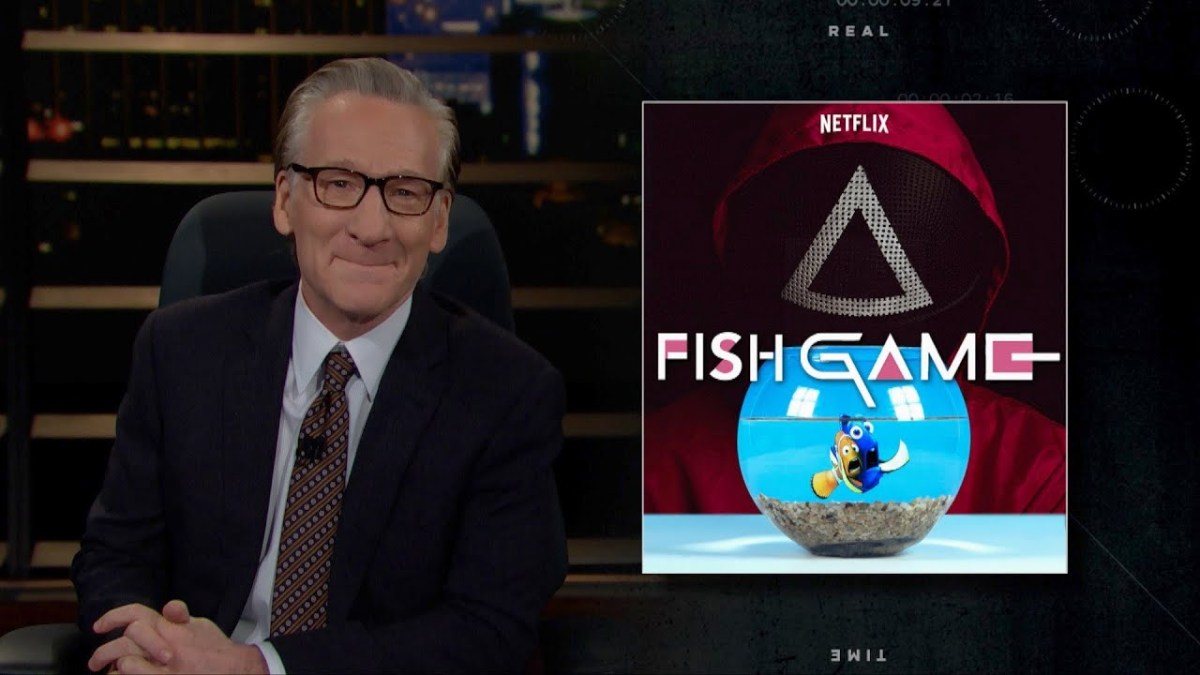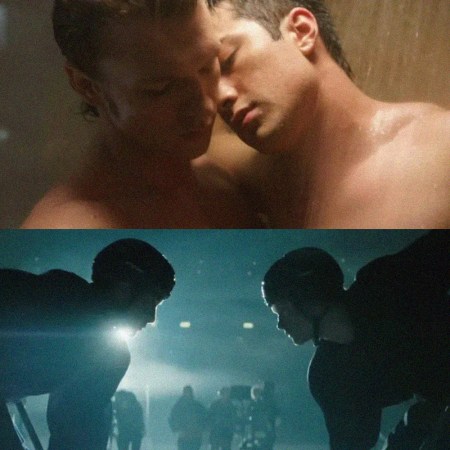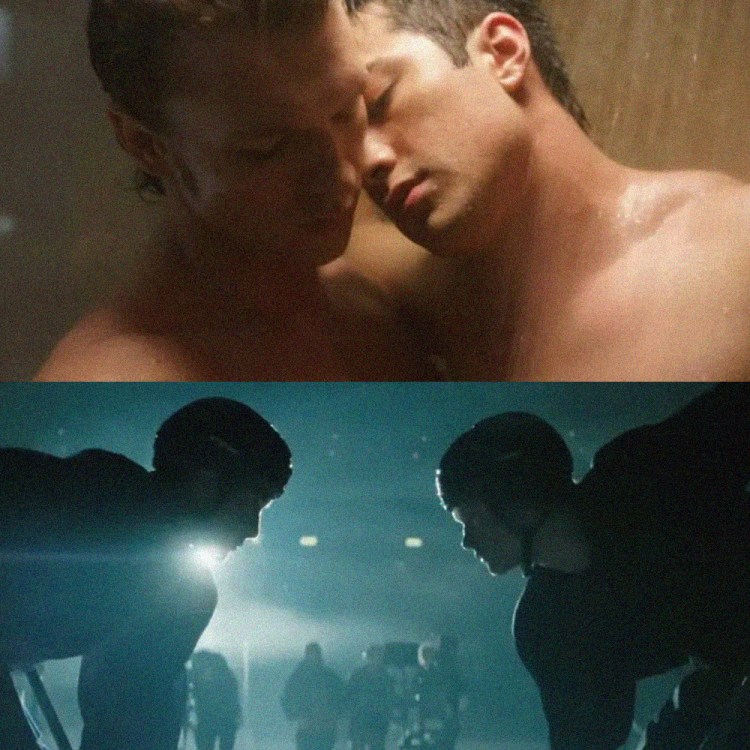The guests on the current season of Real Time With Bill Maher have been an ideologically diverse bunch, representing a host of worldviews from the left, right and center. But there’s been one phenomenon that’s come up again and again over the last few weeks: one of Maher’s guests taking a moment to thank him for creating a space for wide-ranging political discourse on the air.
That was indeed the case this week, with Katrina vanden Heuvel as the latest to make that argument. The latest episode of Real Time showcased both the show’s potential for heated discourse and a more frustrating tendency that’s come up in recent months — Maher’s penchant for bringing in an ideologically simpatico guest and letting them recite talking points.
The episode began with Maher noting that California had declared itself to be in the endemic phase of the pandemic. “I’m not sure what that means, but it has ‘end’ in it,” he said approvingly. “I think it’s like marriage — you live with it, but you ignore it.” That was followed by digs at both Donald Trump and Sarah Palin over their recent legal travails. From there, Maher plugged an upcoming special he’s doing in Florida, to be recorded for HBO. “It’s going to be amazing,” Maher said, “and then I’ll get canceled.”
From there, Maher moved on to global politics. He seemed lukewarm on the goings-on in Ukraine, and expressed dismay at Joe Biden trying to “out-macho” Vladimir Putin. He pivoted from there to a brief discussion of Democrats’ electoral chances and Biden’s approval ratings, as well as subway crime in New York City.
Brooke Jenkins was Maher’s first guest. She’s a former SF Assistant District Attorney, and is currently working on the recall campaign for San Francisco D.A. Chesa Boudin, DA in SF. “He’s trying to couch lawlessness as reform,” Jenkins said. Maher asked her about the way voters, especially Democratic voters, perceived prosecutors.
It was here that things took a turn for the predictable. Jenkins argued that “radical extremism” was on the rise on the left; the overall effect was more like someone reciting talking points than anything else. In the second half of the segment, things picked up steam as Maher took a more incisive line of questioning.
He brought up the need for reforms, and asked Jenkins about where she felt reform needed to happen. Jenkins talked about using the law to “propel” people into treatment for mental illness or addiction. Maher also spoke about the importance of ending the war on drugs. The end result was that Jenkins sounded less harsh in her rhetoric as the conversation developed.
The segment also found Maher in a surprisingly candid mode. Here, he admitted that some descriptions of hot-button issues had gotten deeply clouded in the media. He mentioned that he was unsure of how credulous he should find (for instance) reports of crime and drug sales from San Francisco’s Tenderloin district.
For the panel, Maher was joined by The Nation publisher Katrina vanden Heuvel and CNN anchor John Avlon, there to discuss his new book Lincoln and the Fight for Peace. Early on in the panel, discussion focused on the school board recall elections in San Francisco. Vanden Heuvel made an emphatic argument that the situation was more nuanced than Maher and Avlon were saying it was, and bristled at Jenkins’s reference earlier to “radical extremism.”
Maher pushed back, and went on to lump a review of the film Lincoln with the issue of, essentially, excessive “wokeness.” Vanden Heuvel argued that, while Lincoln was a great president, he was made greater by the social movements around him that pushed him to do more. In response to this, Maher said that she was debating straw men. “I thought you did that,” she replied.
Somewhere in there, the world’s worst game of telephone began, which found the panelists conflating Buffy the Vampire Slayer (the movie, not the series) and Abraham Lincoln: Vampire Hunter. It was weird. Also weird: the moment in Overtime when Maher spoke out against masking kids in schools, citing the specter of “a generation of Howie Mandels.”
From there, the panelists began discussing the midterm elections and the number of Democrats retiring. There, things again got acrimonious between vanden Heuvel and Avlon; were the Democrats’ issues due to the party moving too far to the left or to Republican gerrymandering? A similar fractiousness emerged when the subject turned to the effects of wars in Iraq and Afghanistan.
At this point, Maher interceded while looking visibly fatigued. At times, all three seemed to be talking past one another, agreeing on the main issues but disagreeing on how to get there. Maher used the mid-panel comedy segment (in this case, a riff on gritty television reboots) as a way to defuse the tension.
After that, conversation turned to the situation in Ukraine. “Is every f*cking battle our fight?” Maher asked. Vanden Heuvel expressed concern over the media being pro-war, while Maher raised concern over defense contractors pushing for conflict. All three participants wanted a peaceful, diplomatic solution, though Avlon seemed more willing than the others to defend the cause of some sort of international action to defend Ukraine.
That brought up some existential questions on the subject of NATO. Avlon defended it, while vanden Heuvel argued that its time had passed. Avlon talked about pushing against autocracy, while vanden Heuvel made the case for rebuilding the United States and its institutions. Debate continued in this vein for a while, until an exasperated Maher declared, “I’m bored with this issue.”
For this episode’s New Rules, Maher noted that cologne for babies is a thing now, apparently. (“Just admit it! It’s leftover vaccine,” he said.) And he called for more drugs in curling. (“That whole sport would make much more sense if I knew they were all high on something.”)
Maher went on to cite Eileen Gu’s decision to represent China in the Winter Games as representative of a larger geopolitical trend. Maher argued that, while the U.S. has plenty of flaws, it remains preferable to China in matters of human rights and democracy. Maher spoke about this in light of the larger decisions made by celebrities and corporations to overlook China’s human rights record in favor of profit.
The segment did include Maher’s obligatory dig at “wokeness” — in this case, wondering if people are refraining from criticizing the Chinese government lest they be perceived as racist. But the issues he raised are genuinely worrying, and don’t fall neatly along partisan lines; because of that, it made for one of the more effective segments in this vein that he’s done in a while.
Thanks for reading InsideHook. Sign up for our daily newsletter and be in the know.


















